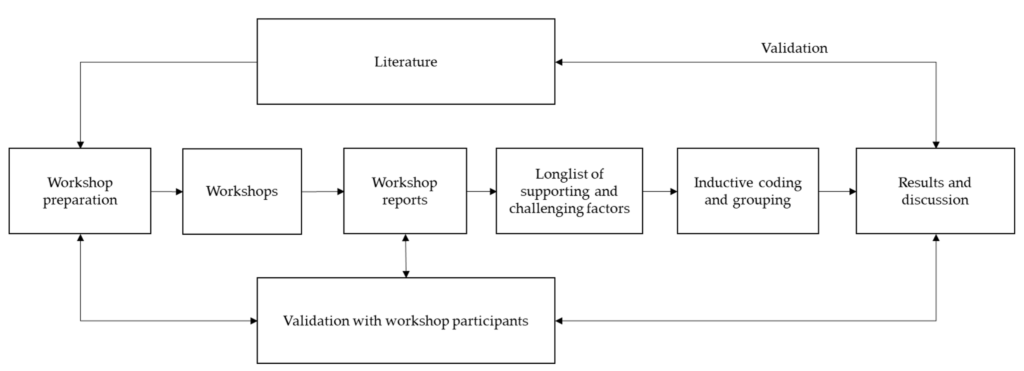Large procurers (receivers) in city logistics are gaining increased attention among scientists and professionals. Knowledge, guidance, and agreements in this field have led to receivers’ willingness, ability, and opportunities to contribute to efficient and zero-emission city logistics when buying goods and services.
Change agents play a vital role in initiating, managing, and implementing the change toward more sustainable organizational processes. The experiences of change agents in The Netherlands show that the number of initiatives in which governments, universities, businesses, and health care institutions (jointly) use their procurement power to accelerate sustainable city logistics is growing. However, the development towards realization and scaling in practice is going slowly. Susanne Balm from Amsterdam University of Applied Sciences presented a paper: Using Procurement Power to Accelerate Sustainable City Logistics: Lessons from Change Agents in The Netherlands.
For this research, Susanne Balm asked change agents in The Netherlands to discuss together the circumstances and actions that support progress towards sustainable city logistics using the buying power of large (clusters of) organizations in cities. Qualitative data has been collected in three workshops, covering ten initiatives in Amsterdam, Rotterdam, The Hague, Utrecht, and Nijmegen. A list of twelve lessons has been derived and compared with the existing literature. Their experiences confirmed that change is supported by knowledge networks, objectives that motivate stakeholders, a strategic vision, a baseline measurement, social pressure, monitoring and communicating progress, market dialogue, and a broad set of measures.

The research also provides new recommendations for change agents. For example, they are advised to form a ‘seed-group’ involving a high-ranking ambassador and actively promote knowledge sharing among peers to increase involvement. Lastly, it has become clear that knowledge of financial feasibility is scarce. Every business case is made-to-measure and is barely quantified from the receivers’ perspective.
From the workshops, some unresolved questions were identified. These questions are interesting for further (applied) research:
- How can zero-emission city logistics become a fascinating topic for employees that procure or order products and services?
- What is the best approach to accelerate efficient and zero-emission logistics for repair and maintenance services, ICT products, waste collection, and food?
- How can we overcome barriers resulting from the fact that costs and benefits are dispersed over different actors and departments of individual organizations?
- How do concepts for sustainable logistics become attractive and accessible for smaller organizations with low procurement volume?
- Which chain partner takes the initiative in realizing zero-emission city logistics, and under which circumstances?
- Could a ‘city-logistics incoterm’ contribute to a better allocation of costs, benefits, and responsibilities?
Source: Balm S. Using Procurement Power to Accelerate Sustainable City Logistics: Lessons from Change Agents in The Netherlands. Sustainability. 2022; 14(10):6225. https://doi.org/10.3390/su14106225
